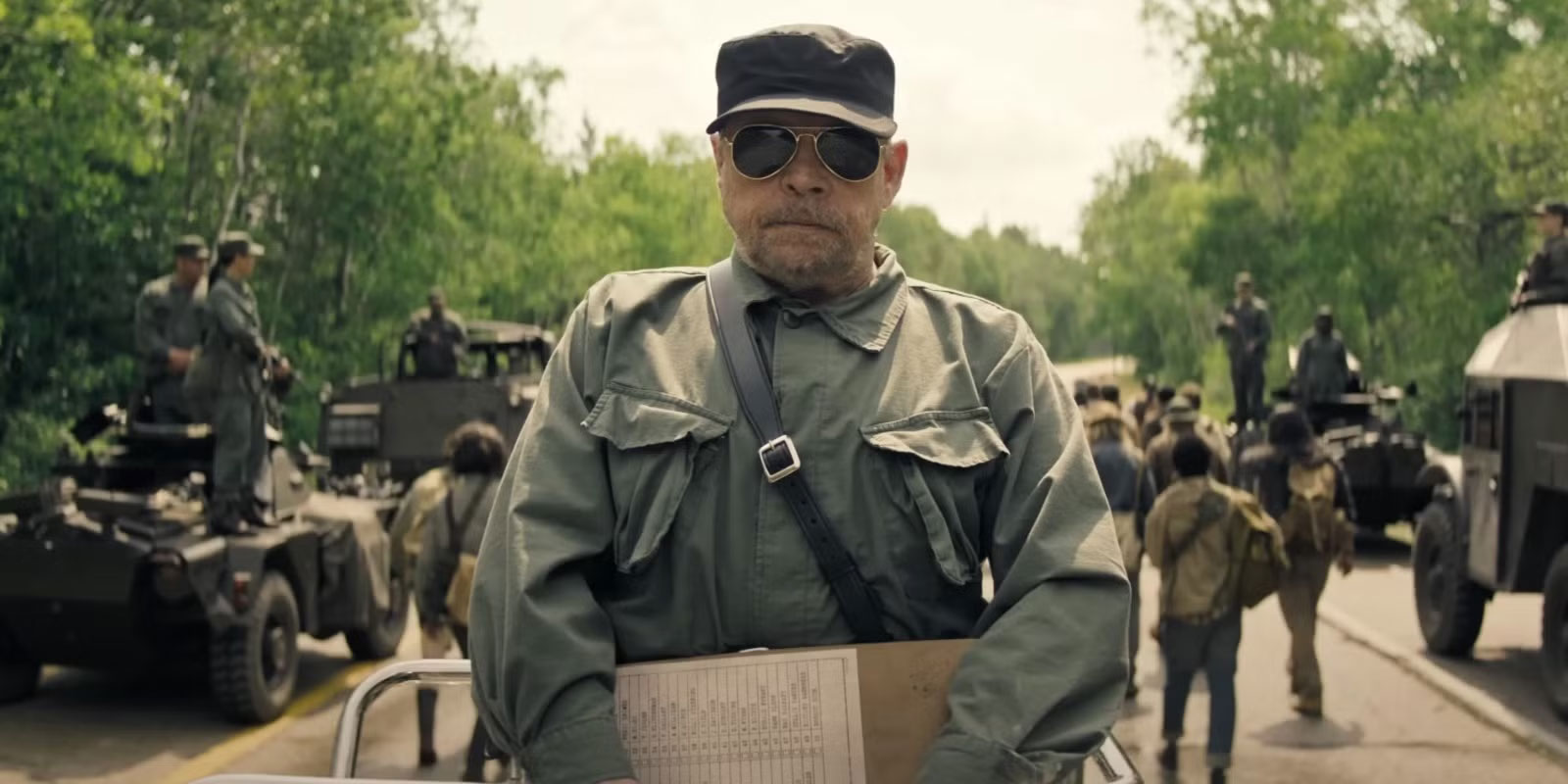Mark Hamill Opens Up About The Long Walk’s Biggest Change—And Why Stephen King Was All In

Mark Hamill admits the bold twist in The Long Walk left him anxious, but Stephen King’s stamp of approval proved the risk was worth it.
The Long Walk makes a big swing with its ending, and Mark Hamill felt that heat. He was nervous about the change until Stephen King gave the OK — and then test audiences answered with a reaction Hamill was very ready for.
Massive spoilers for The Long Walk below.
Hamill on the ending change (and that crowd-pleaser moment)
Hamill told me he was uneasy when he realized the film was veering from the book. King signing off settled the nerves — and the audience response sealed it.
"The fact that they made a major change like that — it made me nervous. I mean, we would have had to change it if he didn’t. But he approved of it, and I’m glad he did. I said to Lawrence, 'If I’ve done my job correctly, when I get shot, the whole audience should erupt in applause.' And after a couple of test screenings, he said, 'You’ll be pleased to know, there was a big cheer when you get it.' I thought, 'Oh, good. I’ve done my job correctly.'"
That 'Lawrence' is director Francis Lawrence, by the way. Inside baseball, sure — but it does tell you how deliberate that ending choice was.
Who the Major is and why people cheer when he gets shot

Hamill plays the Major, a brutal military strongman running the fractured remains of the United States. He cooked up the annual Long Walk — 50 men forced to walk until they die — and sells it as a twisted kind of "fairness" for the country. He is, in short, the person you’re supposed to hate.
Book vs. movie: what changed and why it matters
- In Stephen King’s book: Ray Garraty (played in the film by Cooper Hoffman) wins the Walk, brushes past the Major, and follows a shadowy figure into the dark. The Major’s sins are mostly implied — including that Ray’s father was "squadded," meaning taken by the regime and never seen again.
- In the movie: the violence is explicit. The Major executes Ray’s father in front of Ray and his mother. That trauma fuels Ray’s plan to win and kill the Major himself.
- The twist: Peter McVries (David Jonsson) is the one who actually wins — and he shoots the Major, effectively carrying out the vengeance Ray intended. It’s a cathartic, crowd-pleasing flip on the book’s ending.
- Aftermath: McVries’s fate is left hanging, which keeps a sliver of King’s ambiguity even as the movie delivers the Major’s very final curtain call.
So yes, it’s a major change — the kind that can spark debate — but with King’s blessing and a test-audience cheer for the Major’s exit, the movie is clearly aiming for a cleaner emotional payoff.
The Long Walk is in theaters now.